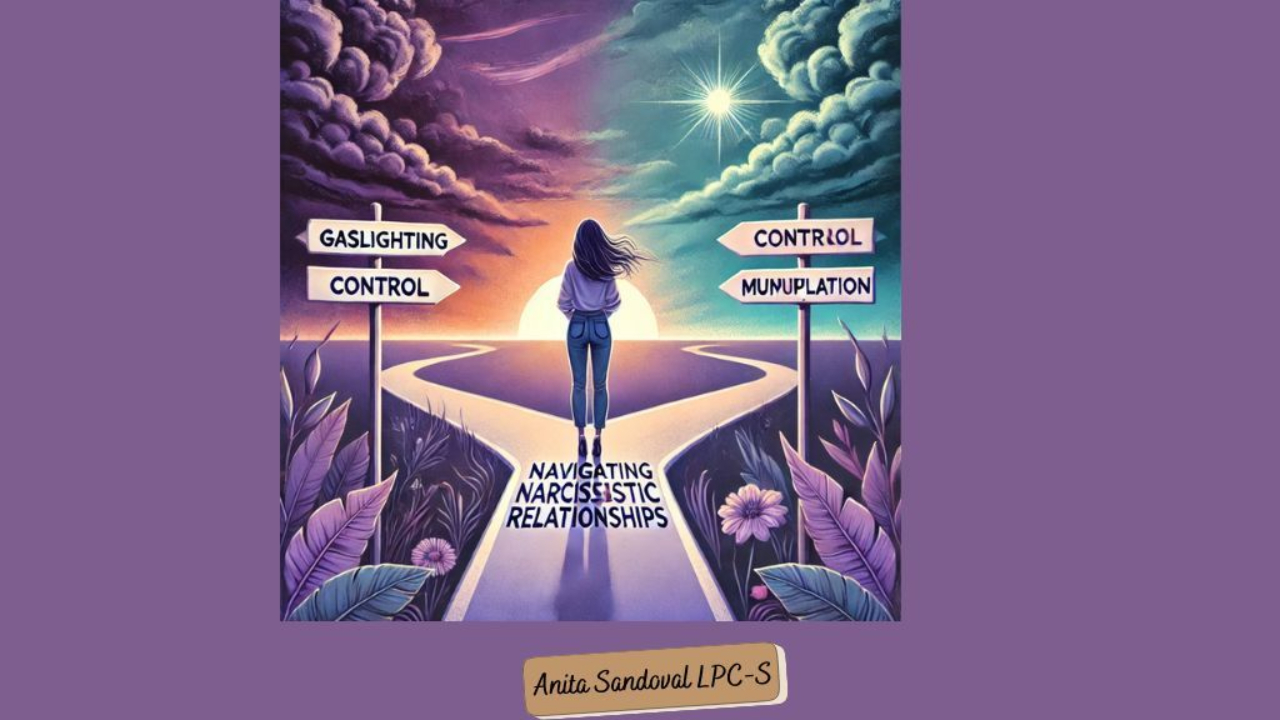Navigating Narcissistic Relationships: Understanding Subtypes and Making Informed Decisions

Navigating Narcissistic Relationships: Understanding Subtypes and Making Informed Decisions
When dealing with narcissism in a relationship, it's important to recognize that not all narcissistic individuals are the same. Understanding the different subtypes can provide clarity and inform your decisions about whether to stay or leave the relationship. If a partner exhibits 15 or more traits from the checklists in the source material, it is likely you are in a relationship with a narcissist.
The Different Subtypes of Narcissism
1. The Dark Triad Narcissist
These individuals are often "downright mean, violating moral and ethical codes," and even legal ones. They can be dangerous, seductive, and skilled at attracting partners, but ultimately leave their partners feeling "hollowed out."
Key Traits: Grandiosity, manipulativeness, lack of empathy, anger, paranoia, and a tendency to lie and exploit others.
2. The Controlling Narcissist
These narcissists are "more concerned with accountability than empathy and connection." They seek to control their environment and the people in it, often behaving like "tyrants." While they may appear overly involved and solicitous, they treat their partners as "props" in their lives, making it difficult to disengage.
Key Traits: Grandiosity, manipulativeness, a lack of empathy, and extreme control over situations and people.
3. The Vulnerable Narcissist
This subtype is "most challenging" to identify, as they don’t fit the classical narcissistic mold. Often "socially awkward" and "plagued by shame," they are highly sensitive to criticism and may appear depressed. Despite longing for connection, they lack the empathy and communication skills to form meaningful relationships.
Key Traits: Hypersensitivity, envy, emotional coldness, and a fragile self-esteem masked by arrogance.
4. The Neglectful Narcissist
These individuals are initially drawn to new people and experiences but quickly lose interest, moving on to the next thing. They treat their partners as objects, providing attention only when it's useful or pleasurable to them. They may also engage in gaslighting and avoid taking responsibility for their actions.
Key Traits: Disinterest in long-term emotional investment, gaslighting, irresponsibility, and avoidance of accountability.
Should You Stay or Should You Go?
If you recognize these patterns in your relationship, you may be struggling with the question of whether to stay or leave. Narcissists are often charming and brilliant, which can make the decision even more difficult. However, it’s crucial to consider the impact of the relationship on your well-being.
Here are a few key considerations to guide your decision:
✅ Assess the emotional toll – Are you constantly doubting yourself, feeling drained, or walking on eggshells? ✅ Evaluate the possibility of change – Is your partner open to therapy, accountability, or self-reflection, or do they resist taking responsibility? ✅ Prioritize your mental health – A relationship with a narcissist often results in deep emotional exhaustion. Your well-being should come first. ✅ Seek support – You don’t have to go through this alone. Connect with a therapist or a supportive community to help navigate your next steps.
If you’re facing these challenges, know that you have options. Leaving a toxic relationship is not easy, but staying in one can be even more damaging over time. Trust yourself, and surround yourself with those who uplift and empower you.
Join the Conversation
💜 Continue the discussion in the EmpowerHer Community, a free space for women to share experiences, find support, and step into empowerment.
🔗 Join the Community Now (EmpowerHer Community)

